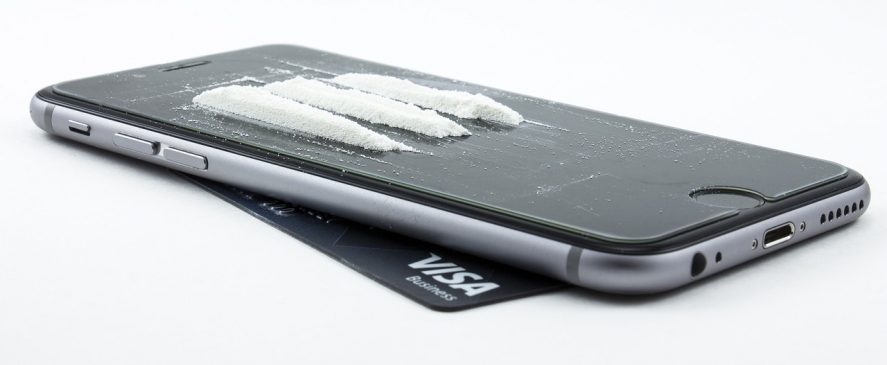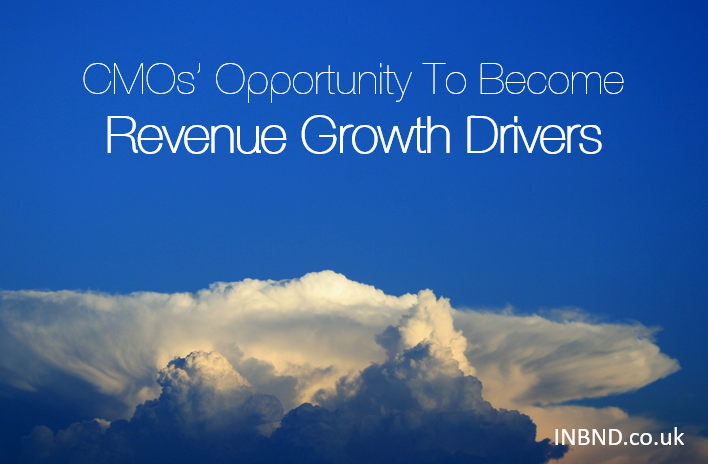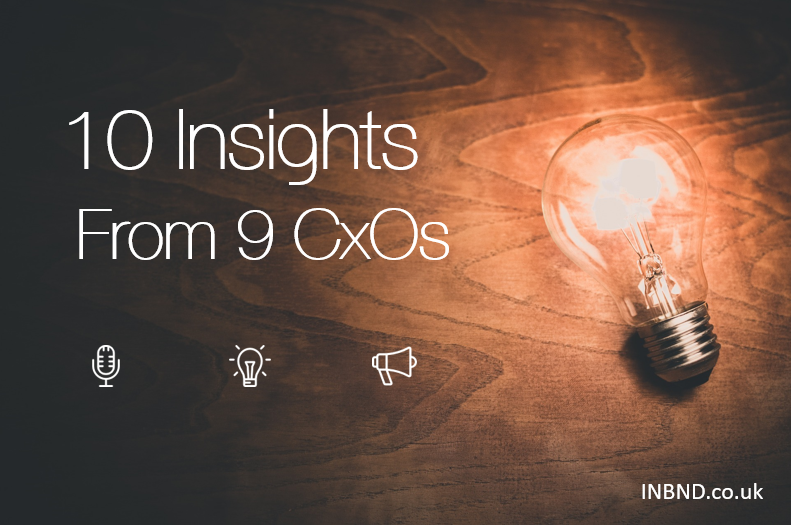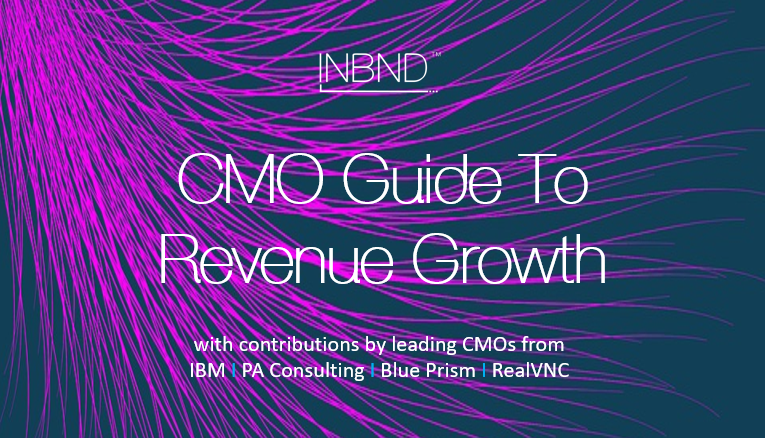We love Simon Sinek here at INBND Growth Marketing. The man talks a lot of sense and it’s refreshing how clear and honest his thoughts and deliberations are. So it’s no surprise that one of his recent talks (“Simon Sinek on Millennials in the workplace” – view the video) inspired this blog post about the Instant Gratification Marketing Trap.
This blog post isn’t actually about Millennials, but instead takes inspiration from the plight of Millennials and applies it to Marketing. How? Read on, to find out more.
First of all – Millennials are the generation that was born around 1984 and after. In case you hadn’t heard, the word most commonly associated with Millennials in “entitlement”. Apparently, Millennials feel that they’re owed something or entitled to something without actually doing anything to earn it. The reasons are complex, although Simon Sinek sums it up nicely in his talk.
Two aspects Simon Sinek talks about are the desire to “make an impact” in the workplace, as well as the need for instant gratification. Millennials have grown up with the latter (think Amazon Prime for same/next day delivery, Netflix for instant streaming, Smartphone and Social Media for instant attention etc).
These two aspects, the desire to create an impact and the need for instant gratification, also cause havoc in Marketing. We’re not yet in a situation where Millennials are setting the expectations or targets for corporate Marketing Strategies, but the need for impact and instant gratification are affecting all of us.
Why? Because they result in a brief release of Dopamine in our brains. The same highly-addictive chemical that is released through alcohol, nicotine, and gambling. When we get a text message or social media likes, we get hit with a shot of Dopamine.
How does this apply to Marketing?
When we get social media likes or shares in the business world, we get the same Dopamine hit. Marketers and other executives are not immune to Dopamine. The same happens when we generate leads, build lead scores, hand over leads to sales, identify opportunities, and of course win new customers and generate revenue. The higher the value and the reward, the bigger the Dopamine hit. We’re now at risk of the instant gratification marketing trap.
Combined with corporate environments that focus on monthly, quarterly and annual numbers, instant gratification is setting and driving expectations that become just as unrealistic as a Millennial’s expectation to make a meaningful and significant impact in the workplace within their first 6 months out of university.
As Simon Sinek explains, instant gratification is often created by meaningless things (likes on social media, instant purchases etc). The really meaningful things like relationships and trust take time to build. Marketing relies heavily on relationships and trust.
Enjoying This Blog Post? Click Here To Get Notified About New Posts.
Talk to any successful business owner and they will tell you that without the relationships and trust they built over the years, they would not be in business today. Would you buy from a company you don’t trust? Would you become a return customer of a company you didn’t have a relationship with?
When you ask your marketing team to create a plan, strategy or campaign to generate leads, bear in mind that you need to create trust and relationships for these leads to mean something. If you don’t, you might get the instant gratification you get from generating leads, but you won’t get the sustainable and ongoing relationships you need to convert them into customers and build a successful business.
When you set your own expectations, or those of others (for example your superiors), be confident to stand up and say that meaningful results take longer to build, with a strategy that creates trust and relationships.
The Whisky Analogy
Just like an 18 year old whisky takes 18 years to mature (you’d be surprised how many people don’t appreciate this fact), a good lead takes time to be nurtured from initial touchpoint through to sales-readiness and ultimately into becoming a customer. Compromising on the aging process results in lower quality, reduced useable output, and a higher cost per usable unit – this applies to whisky as much as lead generation.
Creating a meaningful impact on sales revenue with sustainable marketing takes time, trust and relationships. Prospects will turn away, if you push them to hard and sell to them too early. C’mon, you know that from yourself.
With intentional and thoughtful planning you can create a marketing and sales strategy that generates meaningful leads and converts them in to revenue faster. But be mindful of what “fast” means and how time impacts quality.
When it comes to making an impact, make sure you do so with quality instead of speed, because quality is sustainable. Speed isn’t.
INBND Growth Marketing Consultancy helps companies grow their revenue through improved lead generation strategies, marketing and lead flow process optimisation, and sales & marketing alignment. Get in touch today to find out more on 0207 097 8912.











Leave A Comment